The aftermath of the big fire, tackling some small spot fires a week later, losing one of our oldest oak trees, and trying to work out a master-plan by turning disaster to our advantage from October 2022.
TRANSCRIPT…
A full week after fire hit the valley I asked Ana what she would least expect to see on the same hillside where it started.
“Another fire,” she replied, and she was right!
Our eyes are now highly tuned to the slightest puff of smoke on the horizon and this was the first of a handful of fires which had been smouldering out of sight for days in tree trunks and undergrowth before a strong north-west wind blew them into life.
Just as our nerves were beginning to calm they gave us the jitters again, but anything too big or dangerous was immediately leaped upon by a still-vigilant Bombeiros fire crew.
But then on Monday morning smoke appeared on our hill opposite the house.
We traipsed for ten minutes all the way down one side of the valley and right up the other carrying buckets of water – trying not to spill too much as we negotiated the blackened but still annoyingly persistent silvesbrambles that tugged and scratched at our legs.
The two great cork oaks on our land are certainly more than a hundred years old and we had been worried about one which seemed to be struggling through the drought.
But when we reached the source of the smoke it turned out to be the healthy oak – and sadly it had already fallen – the fire having got into its trunk and roots and was slowly burning this grand old tree into charcoal.
✓
It took two rounds of water buckets and a lot of soil shovelling to dampen down the fire which had carved out a cave a metre deep beneath the base of the tree.
It was very sad to see our most beautiful sobreiro cork oak collapsed back onto the hillside.
That’s when Ana said “let’s make it into something.”
What better way to honour its long service than by turning it into perhaps a table or some other kind of furniture?
Logistically it won’t be the easiest of jobs, with a trunk more than a meter in diameter to cut and transport, but it’s a great thought and hopefully we will make it happen.
This week has been all about looking at the positives around the fire: the opportunities it has provided for us to shape and frame our valley for the decades to come.
And at this point I must thank everyone who has so kindly and generously contributed to our Help Reforest the Valley of the Stars GoFundMe page.
We were totally overwhelmed by the donations you sent us and we are now in the process of working out exactly which trees we are going to plant where and getting a big order in for the Spring.
If you haven’t received a personal message from us yet, it’s coming, and we will make sure you know what your money has been spent on so you can come and see your tree, orchard or hillside in the years ahead!
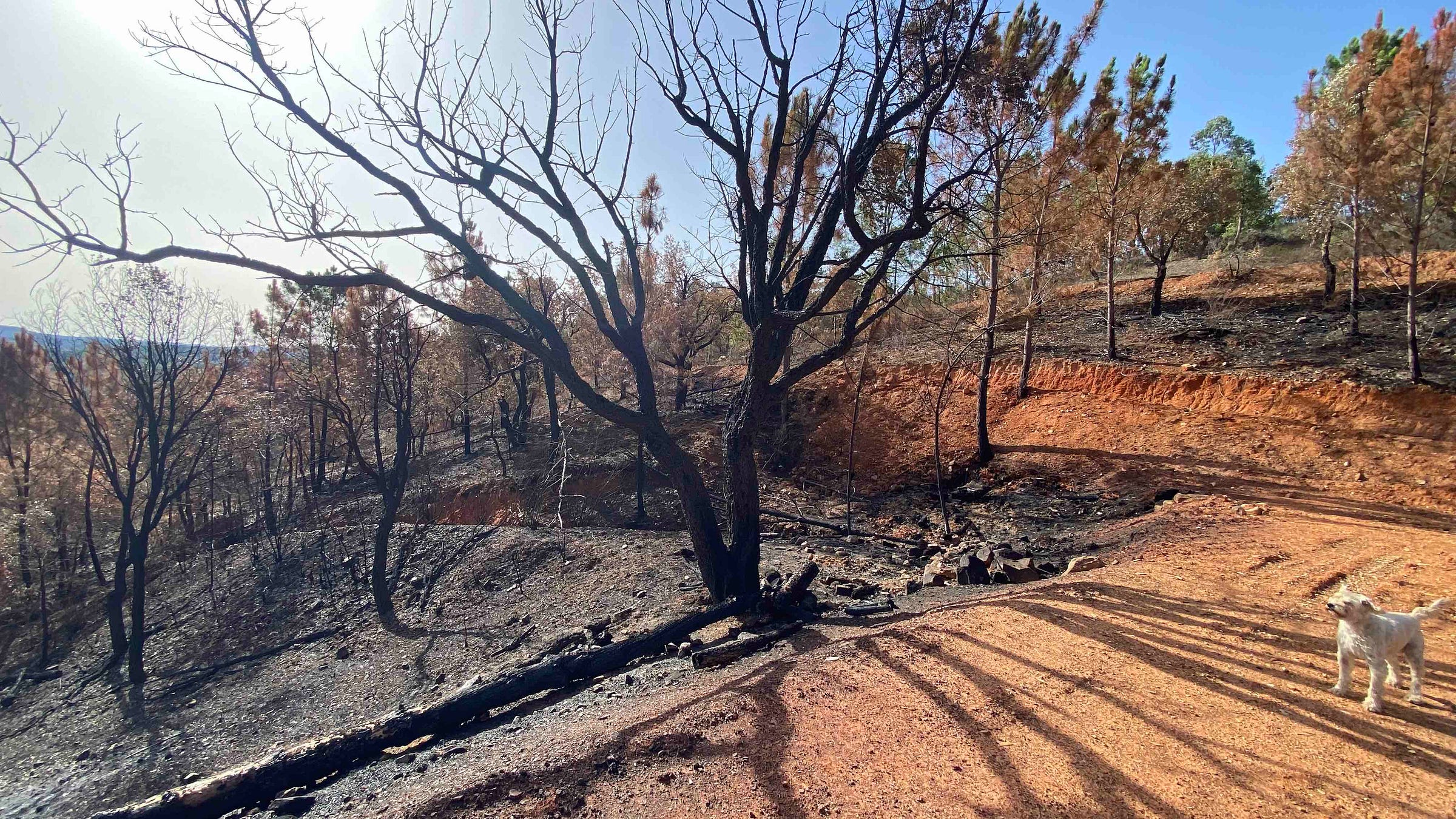
The fire cleared all the brush from our wild, north-facing slope and revealed every contour and terrace, giving us access to parts of the valley which had been largely unexplored.
We’ve been taking advice from various friends as to what kind of earth moving to do while we have this once in a lifetime opportunity of starting from scratch.
One suggestion was to cut many terraces to retain water and nutrients from the ash, or to use the spinning chains attachment behind a track-laying vehicle to mulch everything down ahead of replanting – we’re exploring all options and have a couple of guys with machines on standby.
The bottom of the valley is a relatively flat and wide, highly fertile, water-rich field which will be perfect for farming vegetables.
The dam which creates our lake needs to be shored up with earth, as the overgrown, tightly packed and thirsty canas reeds may have been much-hated, but provided stability on the hillside.
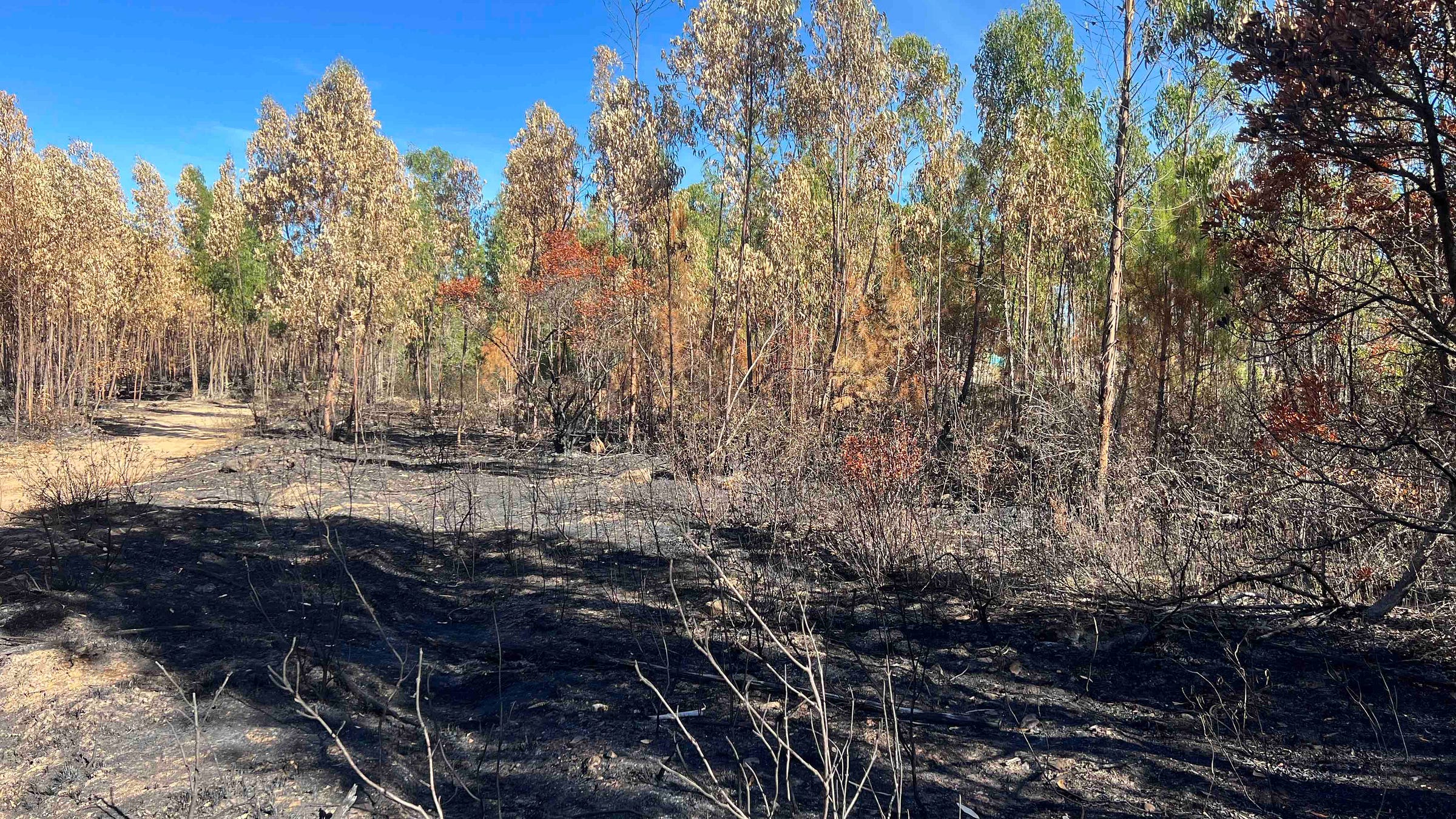
Perhaps we could cut a terrace or two across that slope to give a sheltered spot which a small orchard, or handful of avocado trees might like?
For a long time we have been pondering what kind of farm vehicle we need to help us tend to the grape vines, to move logs around, to mulch branches and to plough fields.
If we can get one second hand tractor to do all that we’ll be in great shape, and so the research has begun.
But our old friend Wade Graham, who flew in from Los Angeles to visit, is leaning heavily on the “animals over machinery” school of rural management.
Among the many hats Wade wears, he is a landscape architect to some of the great Californian gardens, and had already booked his trip before the fire presented him with a blank canvas and good intel on how fires spread here.
The plan is apparently not to prevent fire as you might expect, but “to shape the landscape to welcome it in a low-intensity and non-destructive way,” Wade told us.
“It’s an inhabitant of the system – it lives here – the idea is to welcome good fire rather than keeping it out so long that when it comes it’s bad fire.”
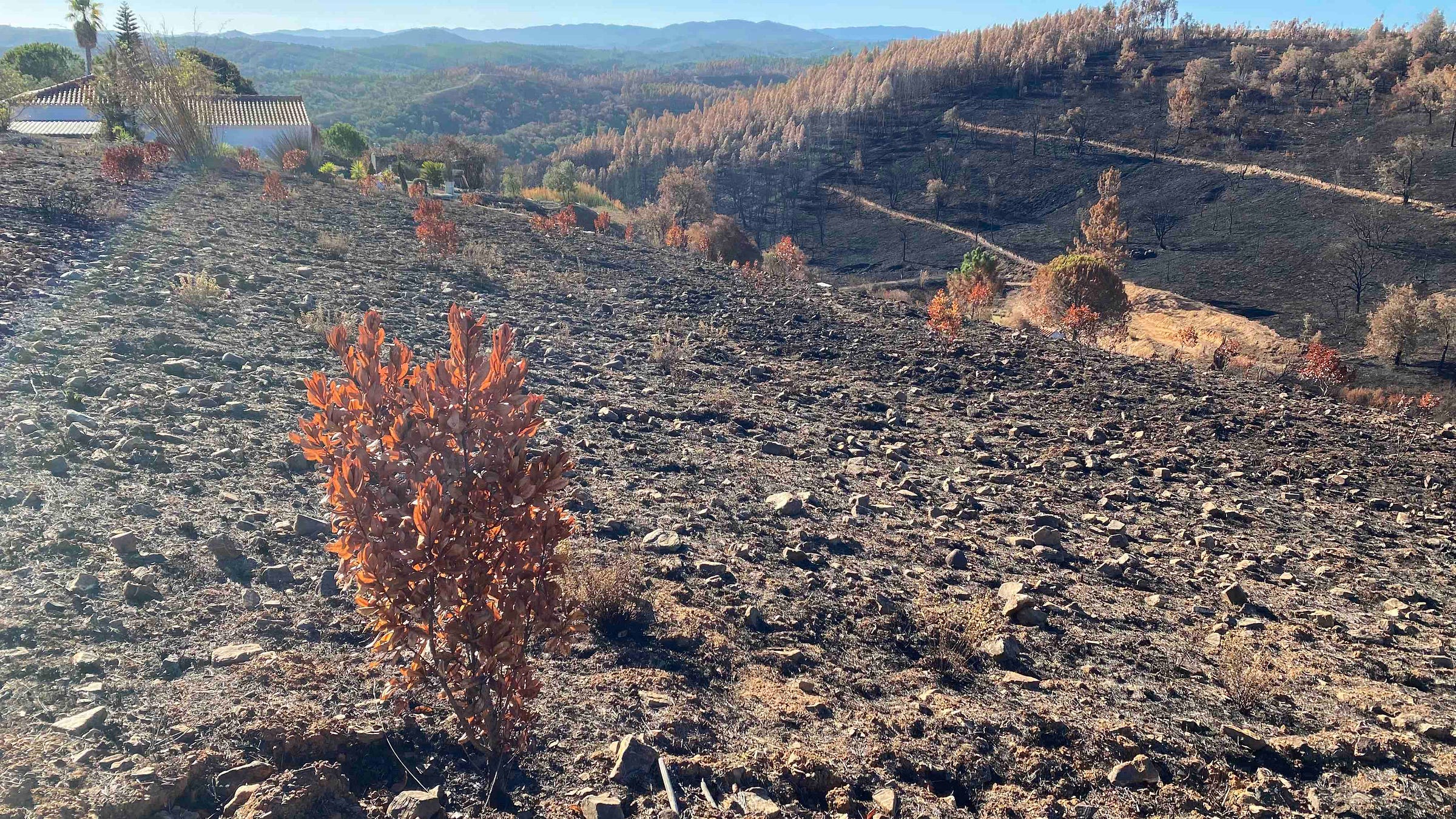
We’ve been walking the land over the last few days talking about our ideas and our ambitions for the property while he ponders, asks questions and slowly develops a plan.
He’s the author of books such as American Eden, and has a new book project on fire and land use, so hopefully we can help him learn more about our montado system from our friends who are living it.
Wade dismissed the deck idea I’ve been plotting for more than a year by making us chop down bushes, prune trees and extract a terrible barbeque to create a wonderfully shaded viewing and seating spot without the need for an expensive new wooden fire risk.
He questioned the proposed location of our vineyard having seen a line of water-dependent grasses and reminding us that vines don’t like wet feet.
We’re now re-thinking where the vineyard will be and need to dig some deep trenches to expose the terroir and ask for some help from the expert grape-growers we’ve met to decide the best place to plant which Portuguese grapes.
Wade’s thinking is developing into a sectioning of the land into zones to be managed separately with the ones closer to the house and the new buildings being prioritised.
We’re due to catch up with a woman who rents goats to see how her land clearance system works and whether bringing some aggressive grazers in for a few weeks a year is better than having our own living, breathing lawnmowers to take the strain out of the strimming year-round.
We think the hill above our house is the best place for an olive grove, there are lots of thoughts about Cyprus trees, living fences and adding to the oak and cork tree forests on the opposite hill, but it’s very much a work in progress.
Ana and I finally managed to visit the Portocarro vineyard this week – north of us up the Alentejo coast – to meet owner and winemaker Pepe Mota Capitão.
We had a great tour, talked a lot about natural wine and the generational gap with his daughter Teresa, an oenologist in the making, and tried some lovely wines, but it was on the way back when we got a phone call.
“What’s going on in your valley?” our neighbour David asked with concern in his voice.
We had no idea...but the new WhatsApp group “Guardians of the Valley” came into its own.
It turns out a bigger fire had burst out of the undergrowth close to our house, but the brigade’s helicopter was on it...scooping water out of our neighbour Daniel’s lake and soaking the flames into submission.
It’s apparently very common to have small after-fires when a big old blaze comes through.
This week we’ll have a neighbourhood get together – happy all of us and our properties survived – and thankful for a wonderful network of friends brought closer together by fire and now vigilantly watching each other’s backs.

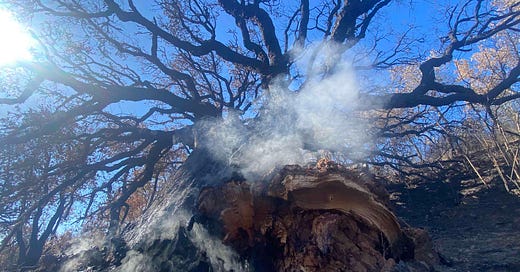



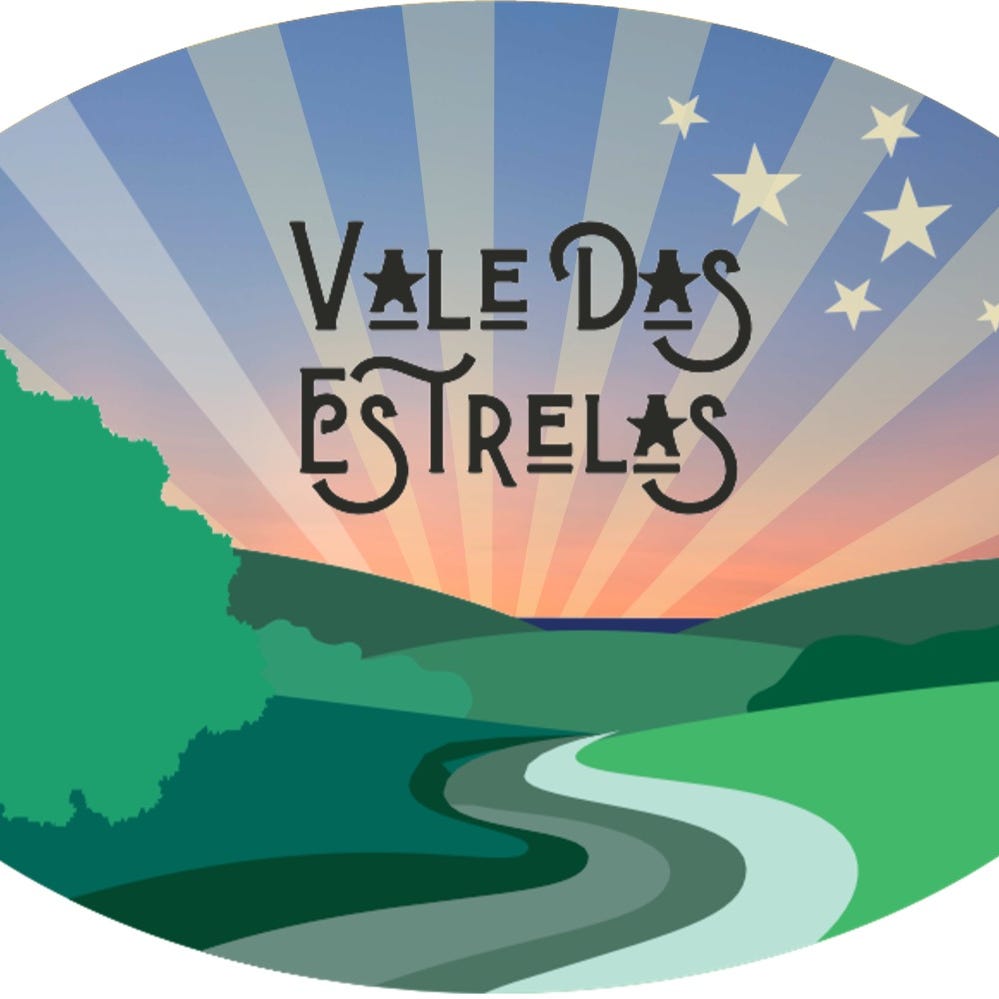
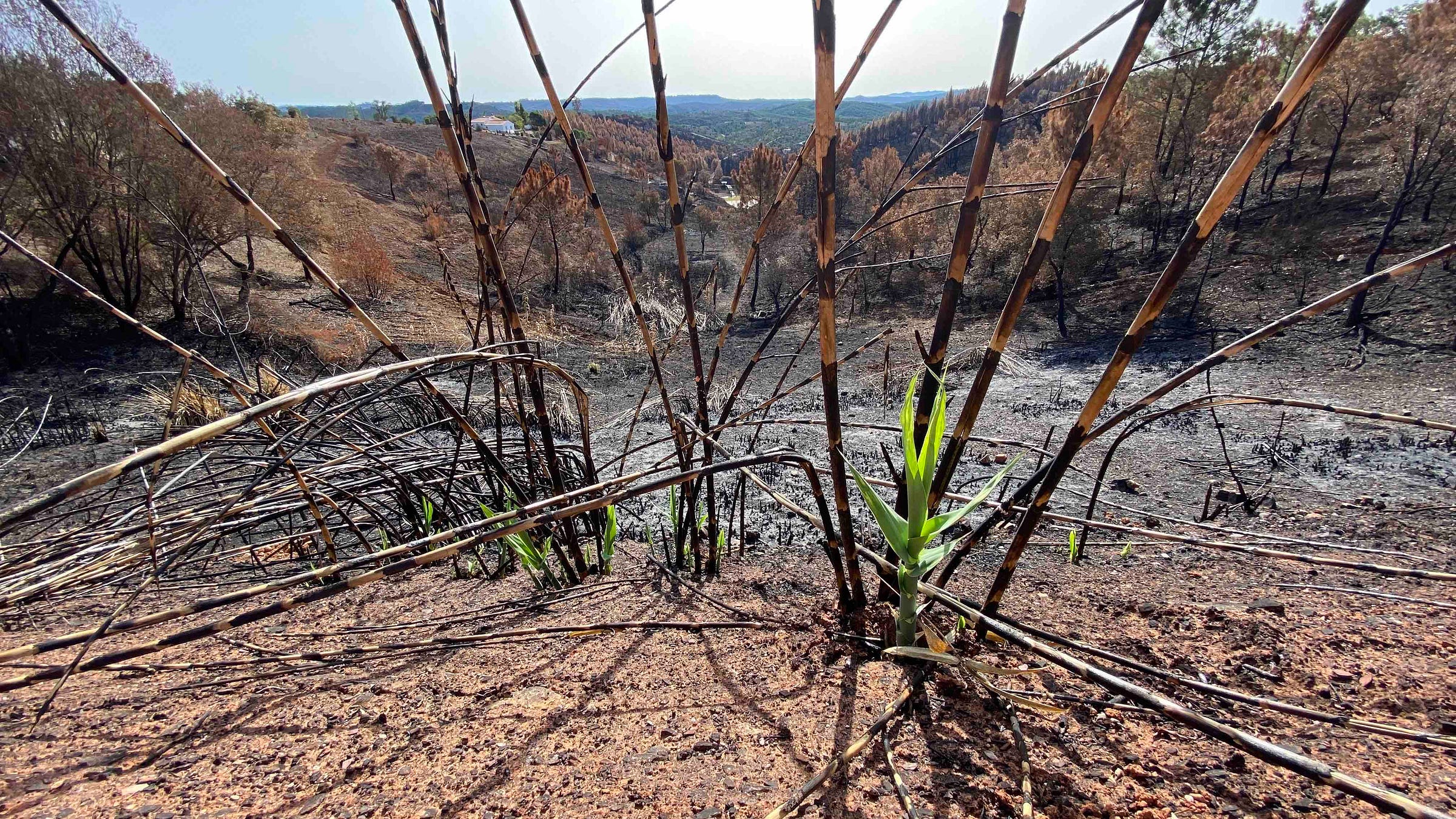
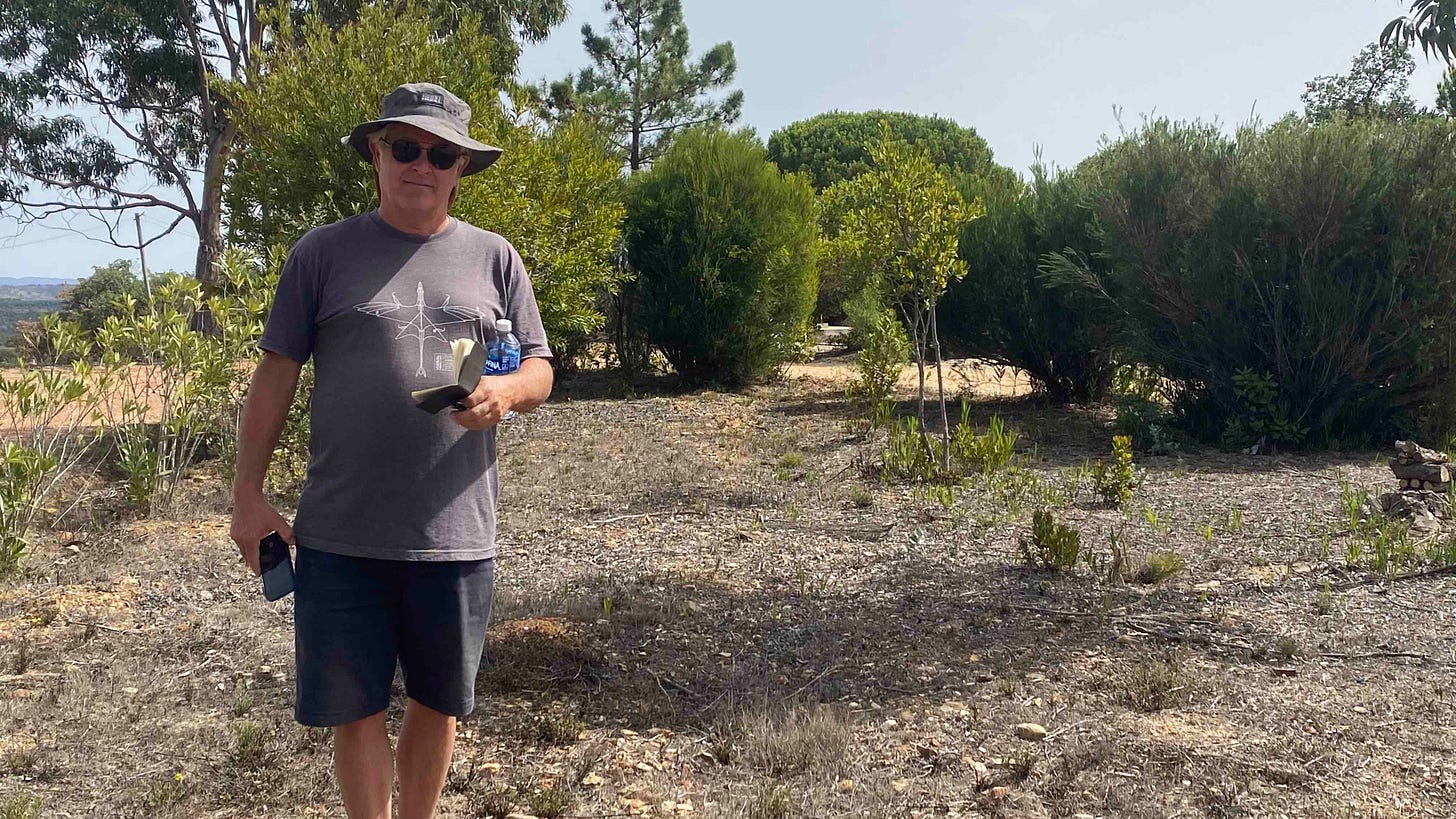
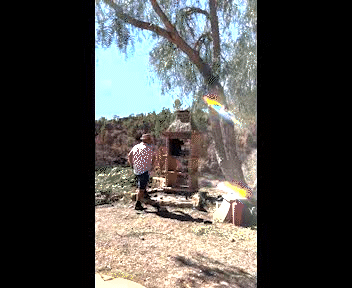
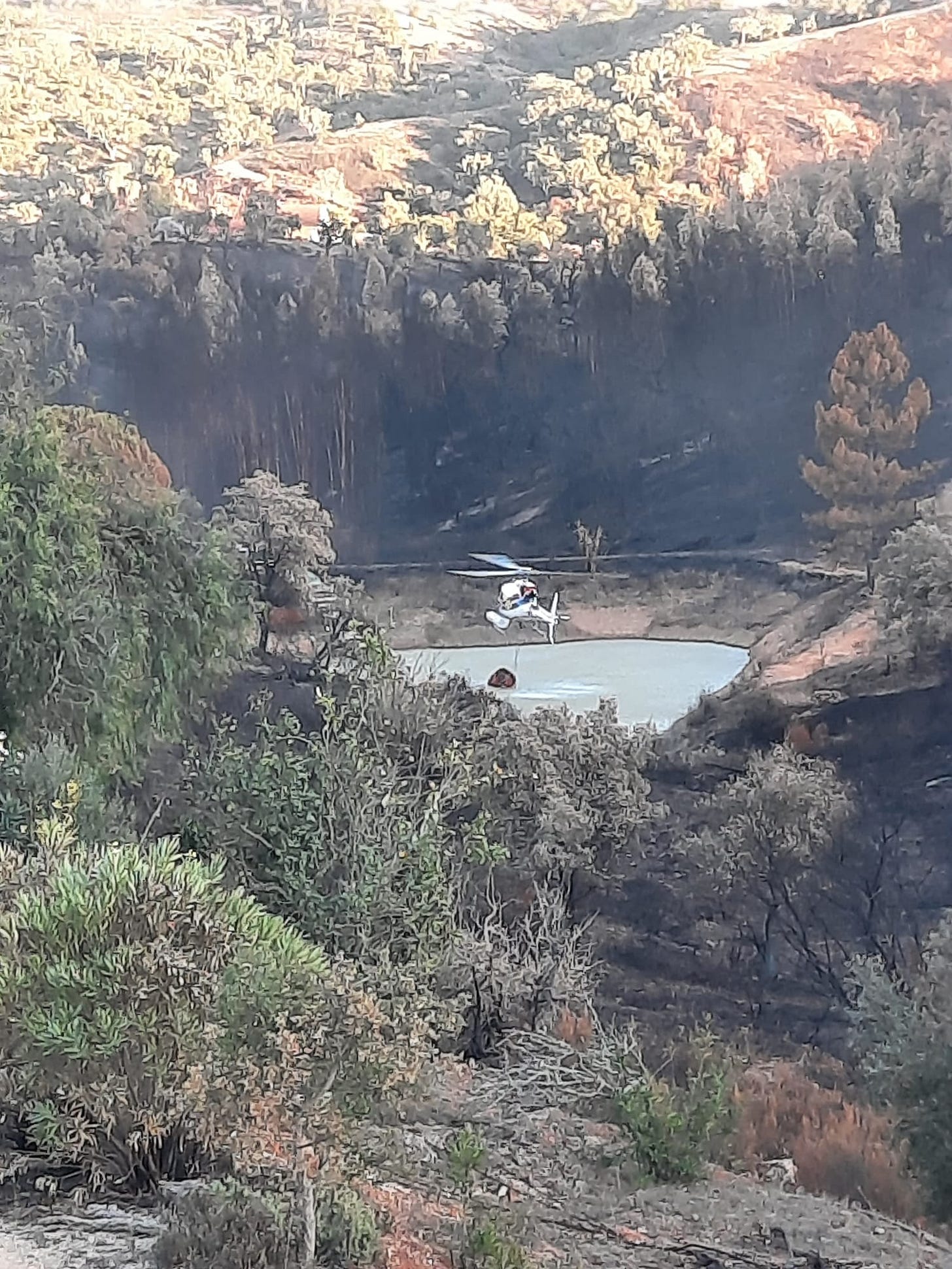
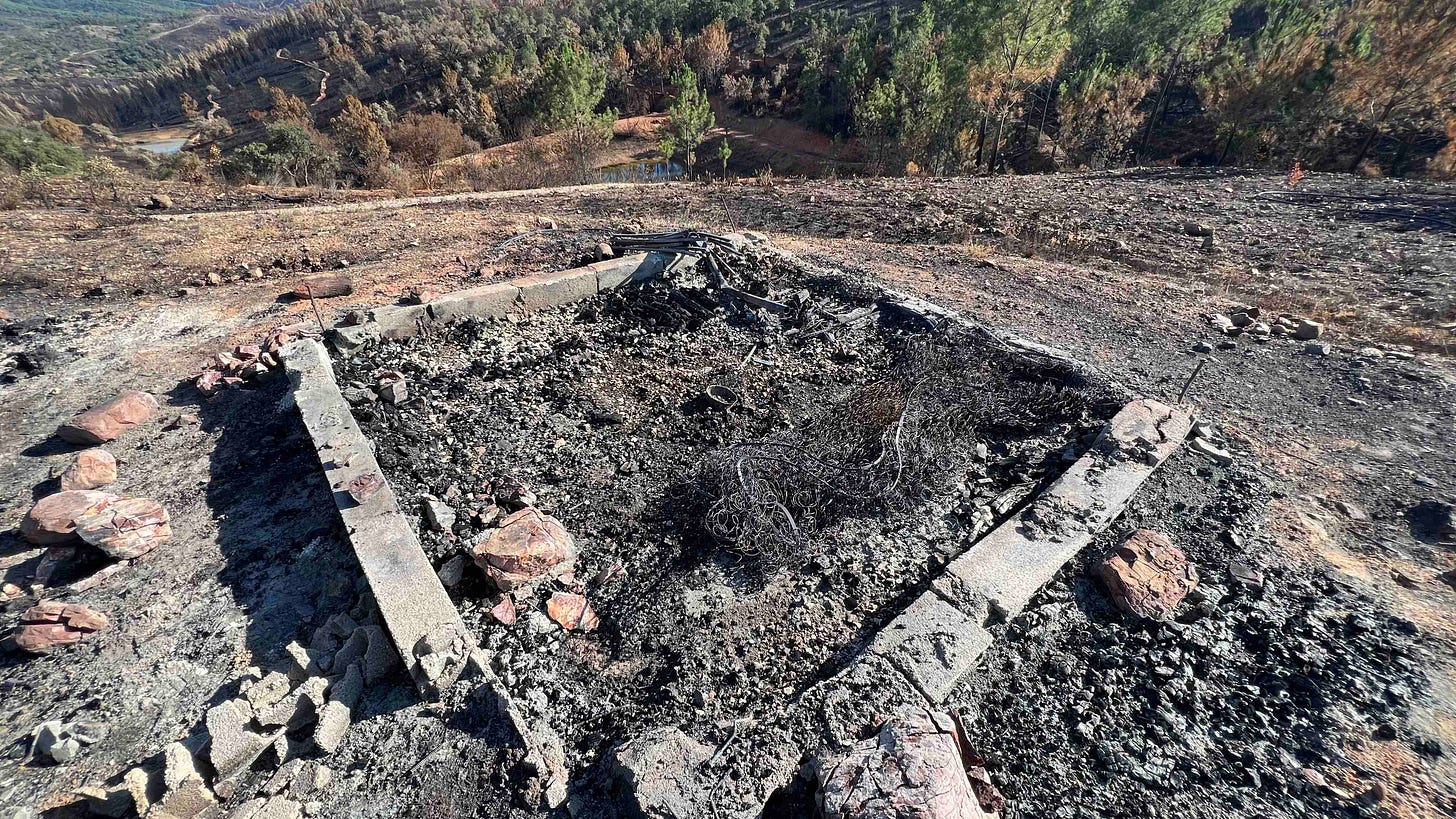


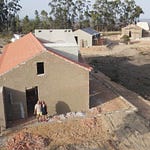
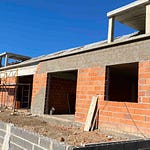

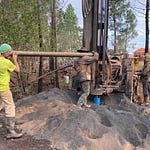
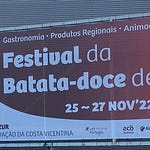

Share this post